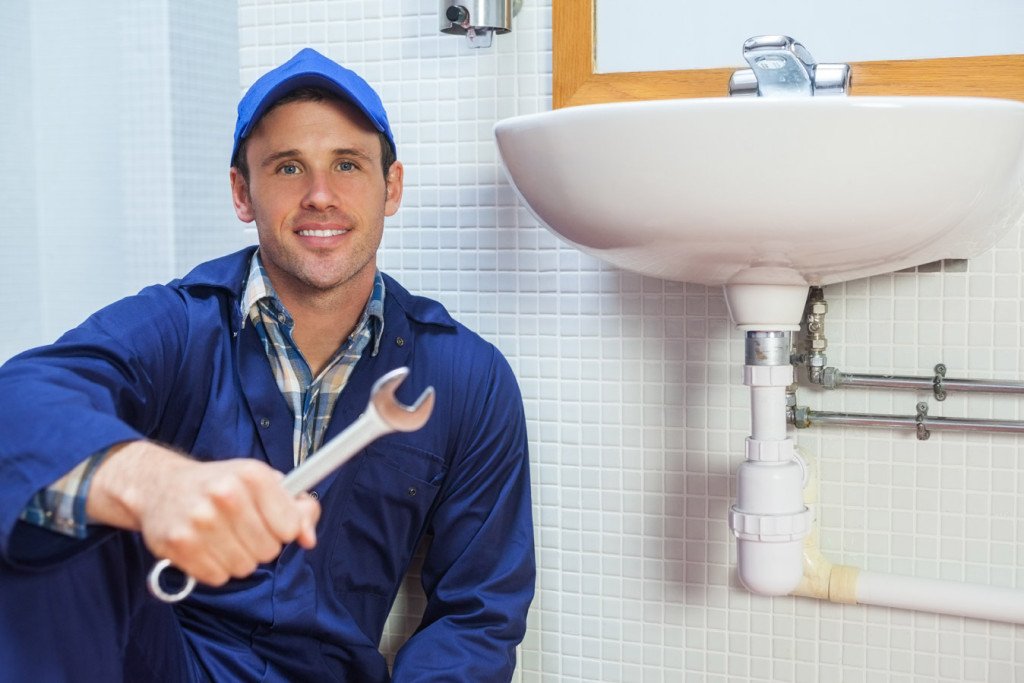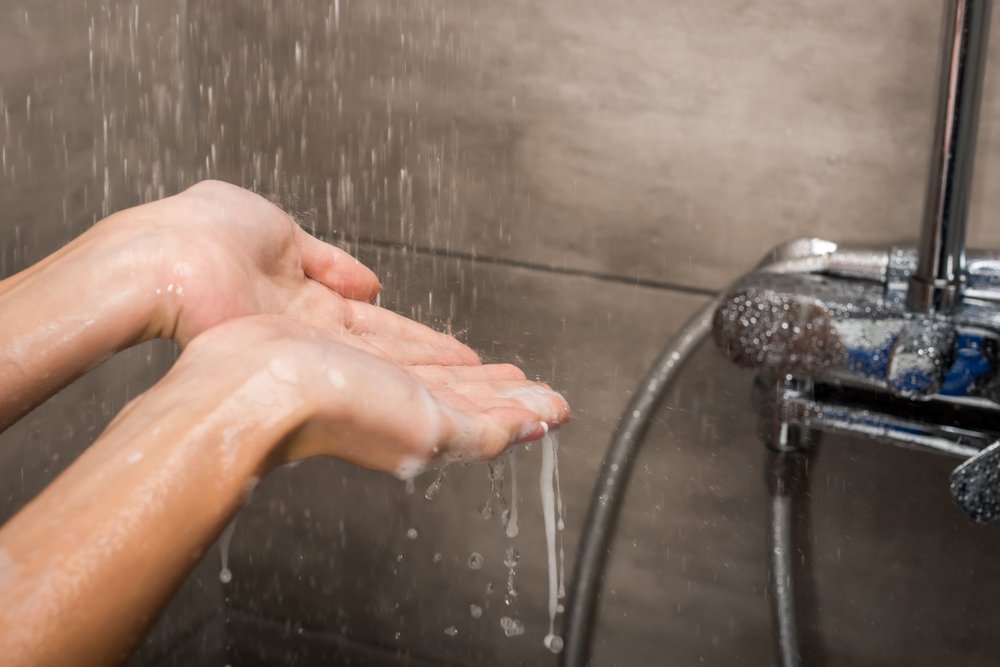The Basics of Bathroom Plumbing: Essential Advice for New Homeowners
The Basics of Bathroom Plumbing: Essential Advice for New Homeowners
Blog Article
Have you been trying to find answers concerning 11 Must-Read Tips for Plumbing a New House?

For brand-new home owners, understanding and keeping washroom plumbing can save both money and time by preventing pricey problems down the line. Below are some essential shower room pipes pointers to assist you keep every little thing running efficiently.
Acquaint Yourself with the Key Shut-Off Valve
Understanding where the main water shut-off valve lies in your house is crucial. This permits you to rapidly switch off the supply of water in case of major leaks or throughout plumbing emergencies, preventing substantial water damage.
Frequently Inspect for Leakages
Small leakages can cause large issues. On a regular basis examine under sinks, around toilets, and near plumbing fixtures for any signs of leaks. Seek moisture, little drips, or rust. Catching and fixing leakages early can prevent extra major damages and conserve water.
Don't Ignore Slow Drains Pipes
If your sink or bath tub is draining pipes slowly, it's frequently an indicator of a blockage creating. Resolving this very early can prevent a complete clog. Utilize a plunger or a plumber's snake to clear out debris. Prevent using chemical drain cleansers as they can damage your pipelines over time.
Know What Not to Flush
Bathrooms are not garbage disposals. Prevent flushing anything apart from toilet tissue and human waste. Products like wipes, womanly hygiene products, and cotton bud should be gotten rid of in the trash to avoid obstructions and sewer back-ups.
Install Strainers in Drains
Area filters in your sink and tub drains to catch hair and various other debris prior to they enter your plumbing system. Cleansing the filters on a regular basis will assist protect against buildup and keep water flowing openly.
Maintain Your Hot Water Heater
Guarantee your hot water heater is readied to an ideal temperature (normally around 120 levels Fahrenheit) to avoid hot and decrease energy use. Flush the storage tank annually to eliminate debris accumulation, which can reduce the effectiveness and life-span of your heater.
Upgrade Your Fixtures
If your home has older components, consider upgrading to much more efficient versions. Modern toilets, showerheads, and faucets are made to use less water while supplying excellent pressure, which can significantly lower your water expense and environmental footprint.
Be Cautious with Do It Yourself Pipes Services
While it's appealing to deal with all home fixings by yourself, beware with plumbing. Some problems might need professional know-how, particularly if they involve main water lines or drain repair services. Working with a professional can in some cases be a lot more affordable than do it yourself, especially if it avoids further damages.
Get Ready For Cold Weather
Secure your pipelines from freezing during winter by insulating pipes in unheated locations like cellars, attics, and garages. Throughout severe cool, let cold water drip from faucets offered by exposed pipes to aid avoid freezing.
Set Up Routine Maintenance
Take into consideration scheduling yearly inspections with a licensed plumbing. They can find problems that you might miss, such as covert leaks or wear and tear on pipelines and fixtures. Regular upkeep assists prolong the life of your pipes system and can avoid emergencies.
Final thought
Understanding and maintaining your home's shower room pipes can prevent lots of common concerns. By adhering to these necessary tips, you can guarantee your shower room remains functional and reliable, conserving you time and money in the long run.
Essential Plumbing Tips for Homeowners: Keep Your Pipes Flowing Smoothly
As a homeowner, understanding the basics of your plumbing system can save you time, money, and a lot of headaches. Plumbing issues can range from minor annoyances like dripping faucets to major problems like burst pipes that cause significant damage. This guide provides essential tips to help you maintain your plumbing system and tackle common issues.
Understanding Your Plumbing System
Supply System: Brings fresh water into your home from a municipal source or a well. Drain-Waste-Vent System: Removes wastewater and vents sewer gases outside. Fixtures and Appliances: Includes sinks, toilets, showers, dishwashers, and washing machines. Basic Maintenance Tips
Regular Inspections: Periodically check for leaks, corrosion, and other signs of wear and tear. Look under sinks, around toilets, and near water heaters. Know Your Main Shut-Off Valve: In case of a major leak, you’ll need to shut off the water quickly. Ensure everyone in your household knows where the main shut-off valve is located. Prevent Frozen Pipes: In cold climates, insulate exposed pipes and let faucets drip during extreme cold to prevent freezing. Use Strainers: Install strainers in sinks and tubs to catch hair, food particles, and other debris that can cause clogs. Common Plumbing Issues and Solutions
Clogged Drains:
Prevention: Avoid pouring grease down the drain and use drain screens to catch debris. DIY Fix: Use a plunger or a plumbing snake to clear minor clogs. For stubborn clogs, a mixture of baking soda and vinegar can sometimes help. Leaky Faucets:
Prevention: Replace washers and seals regularly. DIY Fix: Turn off the water supply, disassemble the faucet, and replace worn parts.

Pricing Report this page